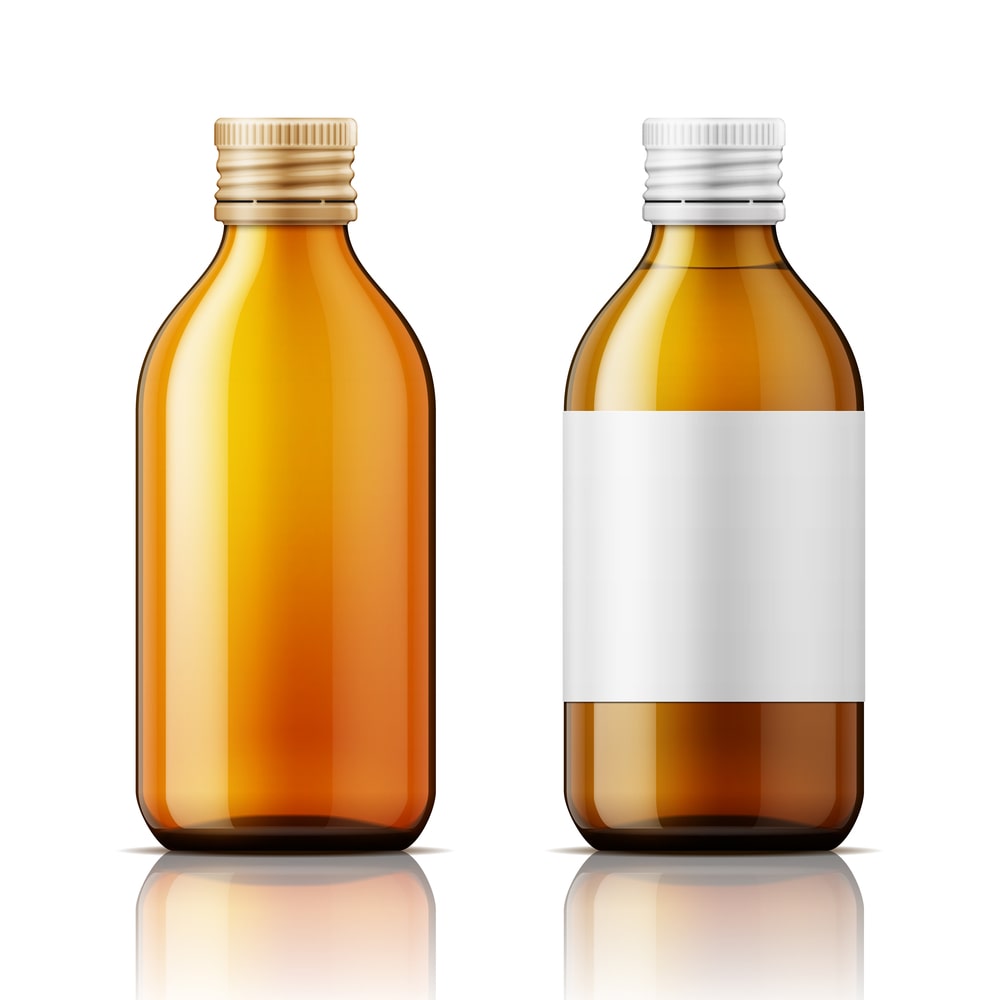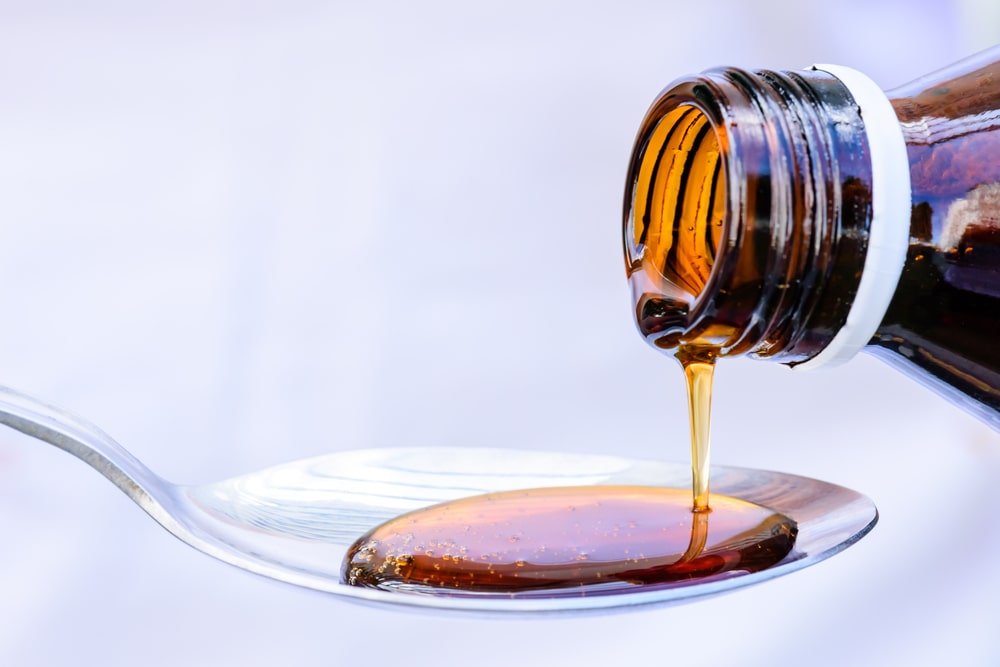Syrups are the sweet viscous concentrated aqueous solutions of sucrose in purified water. Simple syrup I.P contains 66.7%w/w sucrose in purified water (100 ml) Simple syrup USP contains 85%w/v sucrose in purified water (100 m.)
Table of Contents
Medicated Syrup:
Contains a therapeutic or medicinal agent e.g. Cough syrup.
Flavoured Syrup:
Contains flavoring agent but no medicinal substances e.g. Cherry syrup.
Advantages of syrups
- Syrup retards oxidation because it is partly hydrolyzed into its reducing sugar such as laevulose and dextrose.
- It prevents the decomposition of vegetable substances. The syrup has a high concentration of sugar having high osmotic pressure which prevents the growth of bacteria, fungi, microbes. It acts as a self-preservative.
- They are palatable due to the sweetness of sugar. It is a valuable vehicle for the administration of nauseous and bitter substances.
- Syrups are good demulcents and soothing agents and hence they are of special value in cough syrup.
- Syrups have good patient compliance.
The concentration of sucrose in sugar-based syrup is very important. A dilute solution may lead to the growth of micro-organisms whereas a saturated solution may lead to crystallization of the same part of sucrose. Both syrup concentrations as per IP and USP give stable syrup. Syrup containing various concentrations of sucrose needs an antimicrobial preservative.

Method of Preparation of syrups
The choice of a particular method depends on the physical and chemical characteristics of the substance being used.
- Hot Process
This method is used when active constituents are neither volatile nor heat-labile.
Procedure
- Weighed sucrose is taken in a beaker.
- Purified water is added.
- Heated on a water bath (less than 70°C) till a solution is obtained.
- The product is filtered.
- Volume is made upto q.s.
Excessive heat may lead to inversion of sucrose
2. Percolation
- Sucrose is placed in percolator.
- Water is passed through sucrose slowly.
- The neck of the percolator is packed with cotton.
- The rate of percolation regulates the rate of dissolution.
- After complete dissolution, the final volume is made up to q.s.
3. Agitation Without Heat
Procedure for heat-labile constituents
- Sucrose and other ingredients are weighed properly.
- Dissolved in purified water.
- Kept in a bottle of about twice the volume of syrup followed by continuous agitation.
- Prepared syrup volume is made up to q.s
4. Addition of Medicating or Flavouring Liquid to Syrup
This method is used when fluid extracts, tinctures, or other liquids are to be added to syrup.
- Alcohol is added to dissolve the resinous or oily substances.
- Alcohol acts as a preservative also.
Formulation of Syrup
- Vehicle: Syrups are prepared by using purified water.
- Adjuncts: The following adjuncts are generally added to improve the formulation of syrup.
- Chemical Stabilizer: Glycerin, sorbitol, propylene glycol is added in small quantity to syrup to prevent crystallization.
- Colouring agent: Many syrups are attractively coloured with coal tar dyes such as amaranth, compound tartrazine and Green S.
- Flavouring agents
- Tinctures: Lemon and ginger tincture
- Fruit juice: Cherry, Raspberry
- Essence: Vanilla, orange
Preservatives: Syrups are self-preservatives. Generally, Benzoic acid, Sodium benzoate, Methylparaben, etc.
Storage: Stored in the well dried, filled, and well-stoppered bottle in a cool dark place. Store at a temperature not exceeding 25°C.
Make sure you also check our other amazing Article on : Posology
